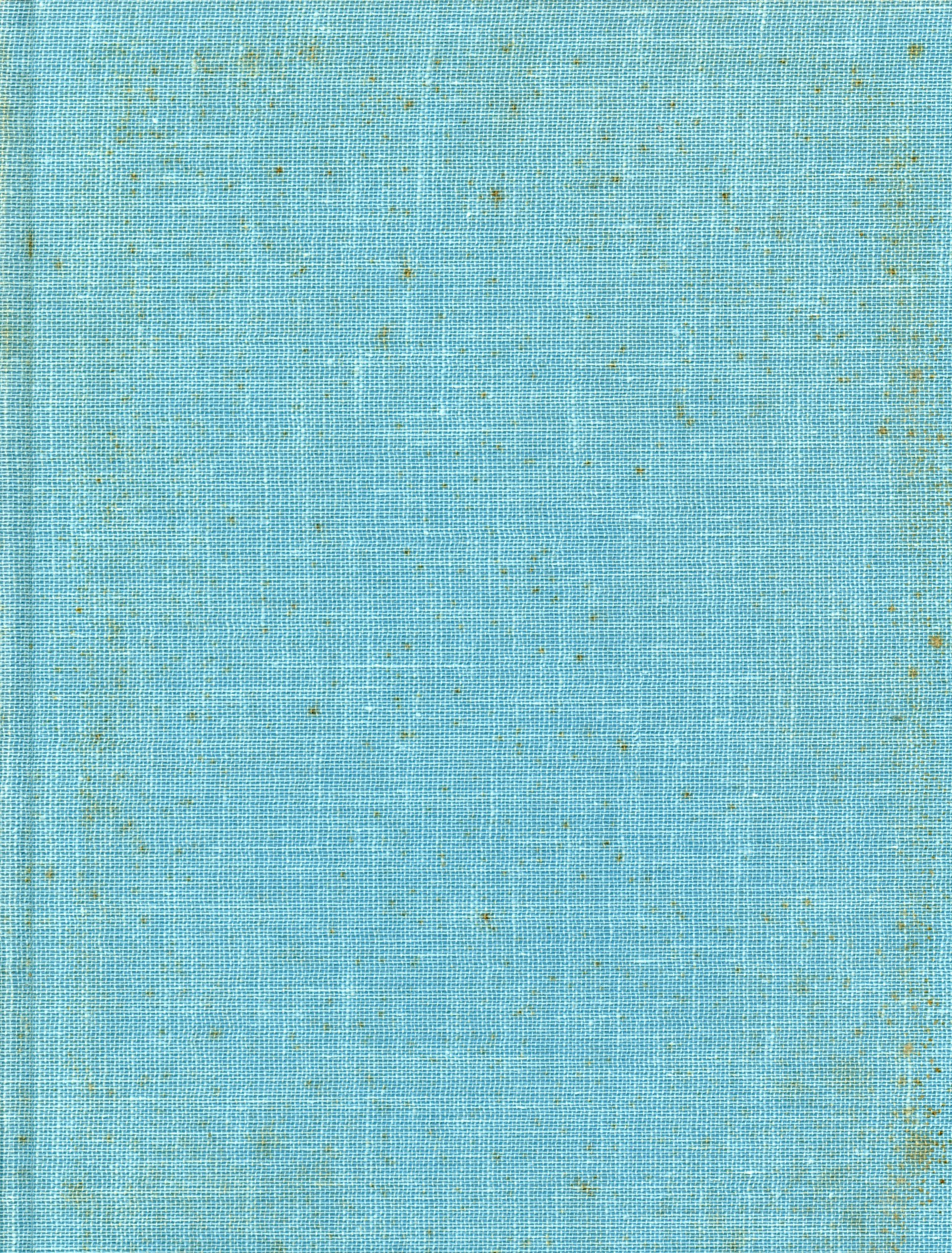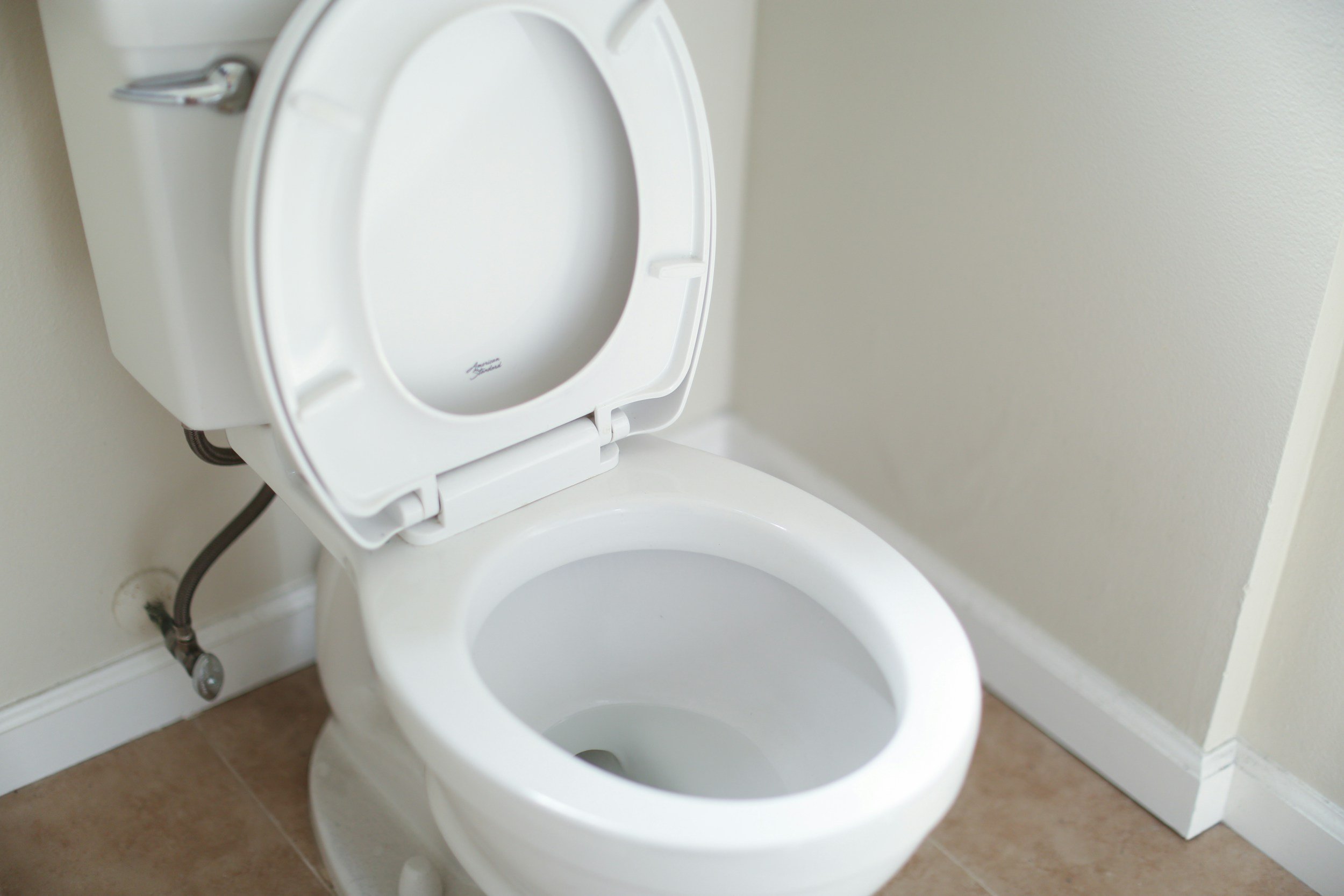
While you wait for Tickling Neurons, here’s a sneak peek to hold you over…

Whenever I had to use the bathroom, I turned into a demonic, urine-filled, teary-eyed, fist-balled glob of verbal (and sometimes physical) violence. Looking back at it, I have no idea why I found having to go pee to be so triggering. Maybe I was exasperated at the process of using the bathroom, or felt like I was missing out on other things during the time I was using the bathroom. Either way, I know that the emotional stem of my “wee wee anger” was frustration.
Oui Oui Anger is what I consider the human version of giving a dog a treat after it goes in its crate (positive reinforcement). To complete Oui Oui Anger, there are three different components: identification, combat, and……
1. Identification. First, you need to figure out what you hate and why. A current example of mine is clipping my toenails. Something about having to fold myself over with a nail clipper in hand is extremely unappealing to me. It feels disrespectful that my toenails grow against my will (I have no need for them to grow), and thus it feels unappealing to have to tend to something my body is doing despite my mind’s protest. But unfortunately, clipping my toenails is pertinent to my podiatric health, so there is no way for me to avoid this task.
2. + 3: Read about it in Tickling Neurons!

One Christmas, I was gifted a book of “dad jokes”, and I had planned to put it to use. Unfortunately, my own dad got ahold of the book before me, and I ended up being told all of those jokes by him, rather than being the one telling them. Thus, I became excruciatingly, intolerably familiar with the “dad joke”.
“Dad jokes” are often told with a pre-emptive, confident grin, as if the joke is much funnier and wittier than it actually is. This results in an exaggerated response from the person being told the joke -- after hearing the difference between the not-so-smart punchline and the overconfident laughter from a dad, eye-rolling giggles, and “that’s such a bad joke” woven between laughter are elicited. This illustrates the power of the “dad joke” on a social-emotional level: although the joke is not linguistically innovative, it is socially collaborative. The “dad joke” invites participation because of its predictability and simplicity. It creates an atmosphere where there is no fear of being joked about or not understanding the joke because of a generational or knowledge-based divide.

